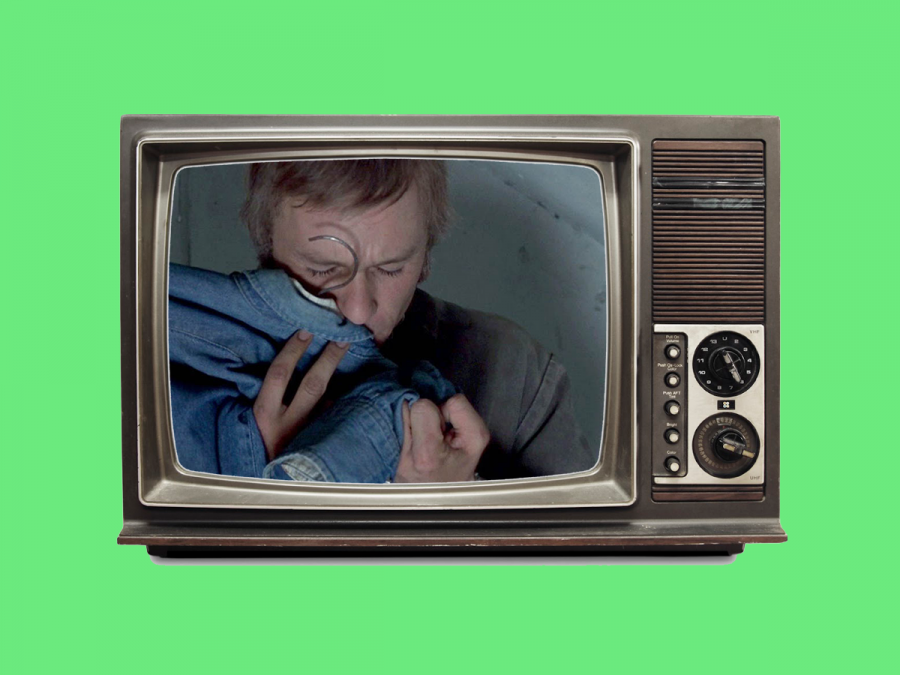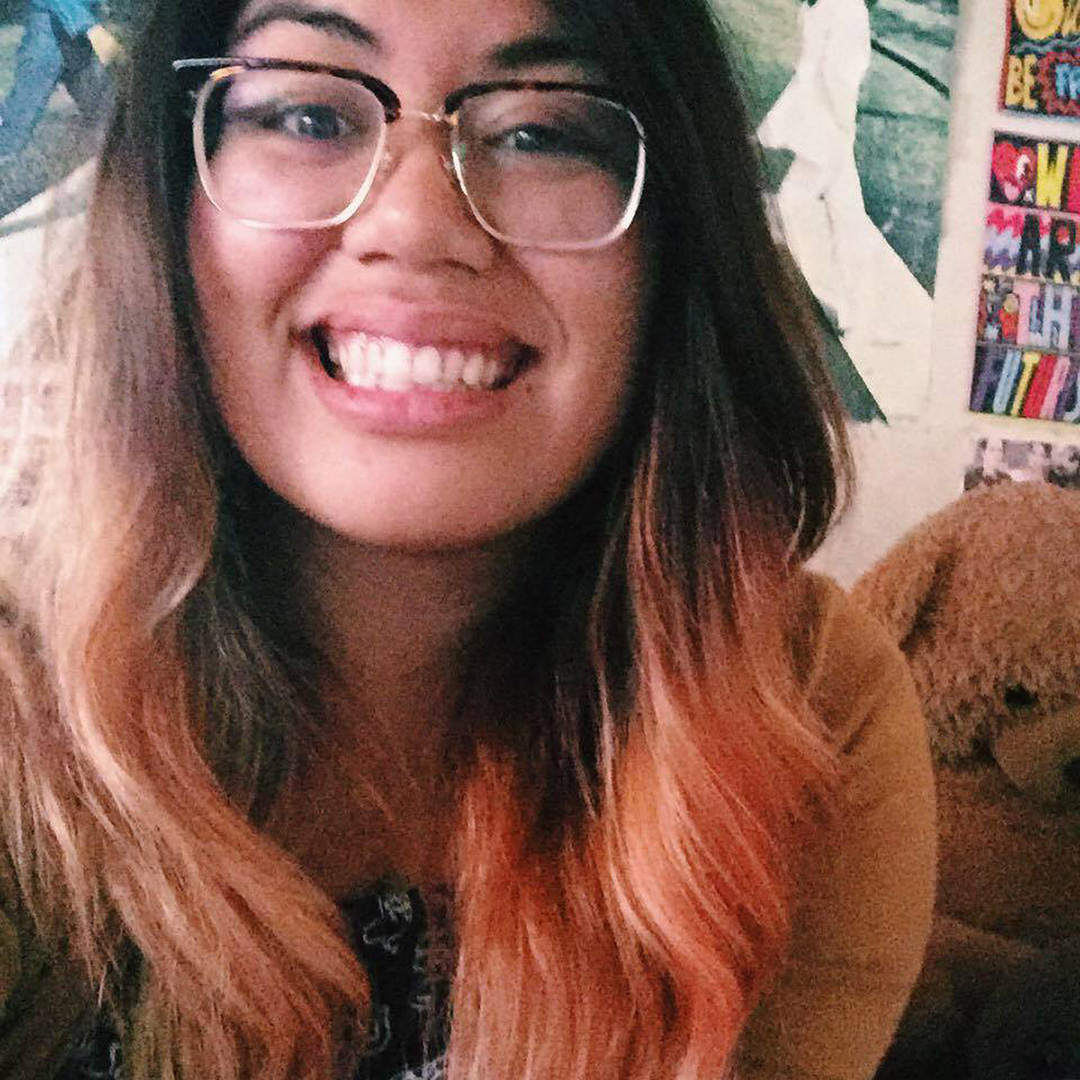The announcement of Shiro being a gay man was and still is important because not only was he well-developed, heroic, and simply just the main character of the show, but he was also a gay, disabled, man of color which is something you rarely see in media.
can you believe that shiro, a gay man of color that is ill and physically disabled is the one that everyone sees as a hero, all of them admires and respects him so much in the team. Dude, It’s amazing
— gee☄ I was baited (@kladashi) July 21, 2018
However, when the show premiered, fans were immediately heartbroken. While we do get a glimpse of Shiro and Adam’s relationship, it’s their break-up. Then the next time we see Adam, he dies sacrificing his life.
While mourning the death of a character many of us in the LGBTQ+ community were excited for, one of my friends, who coincidentally is also straight, took it upon himself to explain to me that characters die all the time, and that Adam’s death was a sacrifice that helped drive the plot. This same straight friend then made a post basically explaining how people should stop being “toxic in fandoms” (side note: if you’re someone sending death threats or threats in general to cast, crew, or writers of the show, you are the toxic part of the fandom) and realize these are “fictional characters.”
But the thing is, as a queer person, I grew up with the idea that my relationships would ultimately end in the deaths of myself or my partner based on what I saw on television. It just happened so much. The gay characters in the movies never had a happy ending and ended up with the love of their life, and if they did, even for a brief moment, they always had to die. It was a constant subtle reminder in every television show and film I watched that my gay romances would one day result in my death and to have that lingering in your mind is just painful.
So to my friend who tried to tell me not to make a big deal, to my other friends who coincidentally are straight and tell me these things don’t matter. Here’s a simple guide to explaining what bury your gays is, because I’m honestly tired of having to explain why myself, and other people are upset having to bury another gay character.
In an article by TV Tropes, the bury your gays trope is defined as, “Often, especially in older works (to the extent that they are found in older works, of course), gay characters just aren’t allowed happy endings. Even if they do end up having some kind of relationship, at least one half of the couple, often the one who was more aggressive in pursuing a relationship, thus “perverting” the other one, has to die at the end.”
It’s a trope that has existed for the dawns of time, and if you clicked on the TV Tropes article you would see there are many, many examples of gay people dying in films.
For the most part, the bury your gays trope is no longer a way for people to subtly express their homophobia, but instead we have our gay protagonists die “honorable deaths” filled with heroic sacrifice. A prominent example of this is the character Lexa’s death in the show “The 100.” In the show, Lexa dies the same episode she and her partner, Clarke, make love for the first time. It was Lexa’s death that sparked the outrage that began the more vocal frustrations of people and the bury your gays trope, as it began being paid attention to in 2016.
But beyond that, as someone who is gay, having to be beat in the head with the idea that my love life will end in tragedy hurts. The real world is already terrible to the LGBTQ+ community, so when you try to find a safe space in movies and television, you’re still stuck watching characters that you connect with, character you can see yourself in, die. You’re stuck listening to the critics cheer and write, “Wow what a realistic portrayal of the gay romance” and you’re stuck wondering if this is really a realistic portrayal of what it’s like to fall in love.
In a poem by a now deactivated Tumblr account, the writer writes about her experiences being a girl attracted to other girls, and how media portrays of tropes like bury your gays or “gaynst” affect people. In it she writes:
“You were never meant to fall in love. Your story ends in tears or it ends in death. Jack Twist was bludgeoned to death with a tire iron and Ennis Del Mar was left alone in his closet to dance with an empty shirt. Alby Grant found Dale Tomasson swinging by a noose in the apartment that had been their safehouse, their respite, and he sank to his knees and cradled Dale’s bare feet and he cried. The Motion Picture Association of America axed Lana Tisdel and Brandon Teena’s sex scenes, but they didn’t have a problem with the extended shot of Lana cradling Brandon’s corpse in her fragile arms and falling asleep next to his body.
Love and intimacy are ours only in death, or so it would seem.
I don’t want to die. Isn’t that a very human experience? Not wanting to die? When does anyone who looks like me get to grow old and raise grandchildren and hold her wife’s hand as the skin wrinkles, turns translucent?
Sometimes my father asks me if I’ll ever date a man. Sometimes he doesn’t ask. “You are attracted to men, and you dream about falling in love with men,” he says, as if he can will his imaginary daughter into existence merely by speaking about her. Or maybe he is just looking out for my safety.
He’s seen the movies, too.
He loves me.
He doesn’t want me to die.”
As a final note, while there are numerous factors come to play when it comes to the treatment of LGBTQ+ characters, it’s hard not to be upset about the outcome. If television shows or films want to start changing the game, then stop killing gays. It’s overplayed and it’s exhausting.



